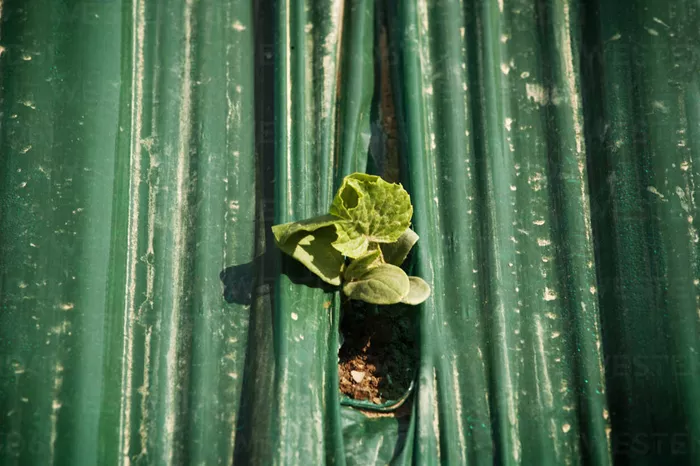New studies have revealed that micro- and nanoscale plastic particles, prevalent in soil and water, can significantly increase the absorption of harmful chemicals by plants and human intestinal cells, raising alarms about food safety and health risks associated with plastic pollution.
One study, published in NanoImpact, demonstrated that lettuce exposed to nanoscale plastic particles and environmental toxins, such as arsenic, absorbed far more of these dangerous substances than plants exposed to the pollutants alone. A similar effect was observed in human intestinal tissue, according to a companion study in Microplastics.
These findings highlight a troubling cycle: micro- and nanoplastics, which result from the breakdown of larger plastics over time, may increase the absorption of toxic chemicals by plants—chemicals that may then enter the human food chain. At the same time, human bodies may absorb both the toxins and the plastics, heightening the risk of diseases, particularly for vulnerable populations.
“We’ve already released around 7 billion metric tons of plastic into the environment, and it continues to break down,” said Philip Demokritou, the director of the Nanoscience and Advanced Materials Center at Rutgers University. “Plastics are contaminating everything—our water, food, and air.”
In laboratory tests using a human intestinal model, researchers found that nano-sized plastic particles caused a nearly six-fold increase in the absorption of arsenic compared to arsenic exposure alone. The same effect was seen with a commonly used pesticide, boscalid. The presence of these pollutants also enhanced the absorption of plastic particles into intestinal tissues, nearly doubling plastic uptake.
The research also investigated the impact on plants, specifically lettuce exposed to two sizes of polystyrene particles (20 nanometers and 1,000 nanometers), along with arsenic and boscalid. The smaller particles led to a nearly threefold increase in arsenic uptake into edible plant tissues compared to plants exposed to arsenic alone. The researchers found that both types of plastic particles accumulated in plant tissues, with smaller particles more readily moving from roots to shoots.
These studies underscore the dangers of continued plastic pollution, especially in agriculture, where plastic use is widespread for purposes like weed control. Demokritou and his colleagues emphasize the need to reduce plastic use, adopt biodegradable alternatives, and invest in better detection methods for plastics in food and water.
While new biodegradable materials are being developed, addressing plastic pollution’s long-term effects and preventing further contamination remain critical challenges. “The technical solutions are available, but overcoming the social and economic barriers to reducing plastic production and use will be difficult,” Demokritou concluded.


